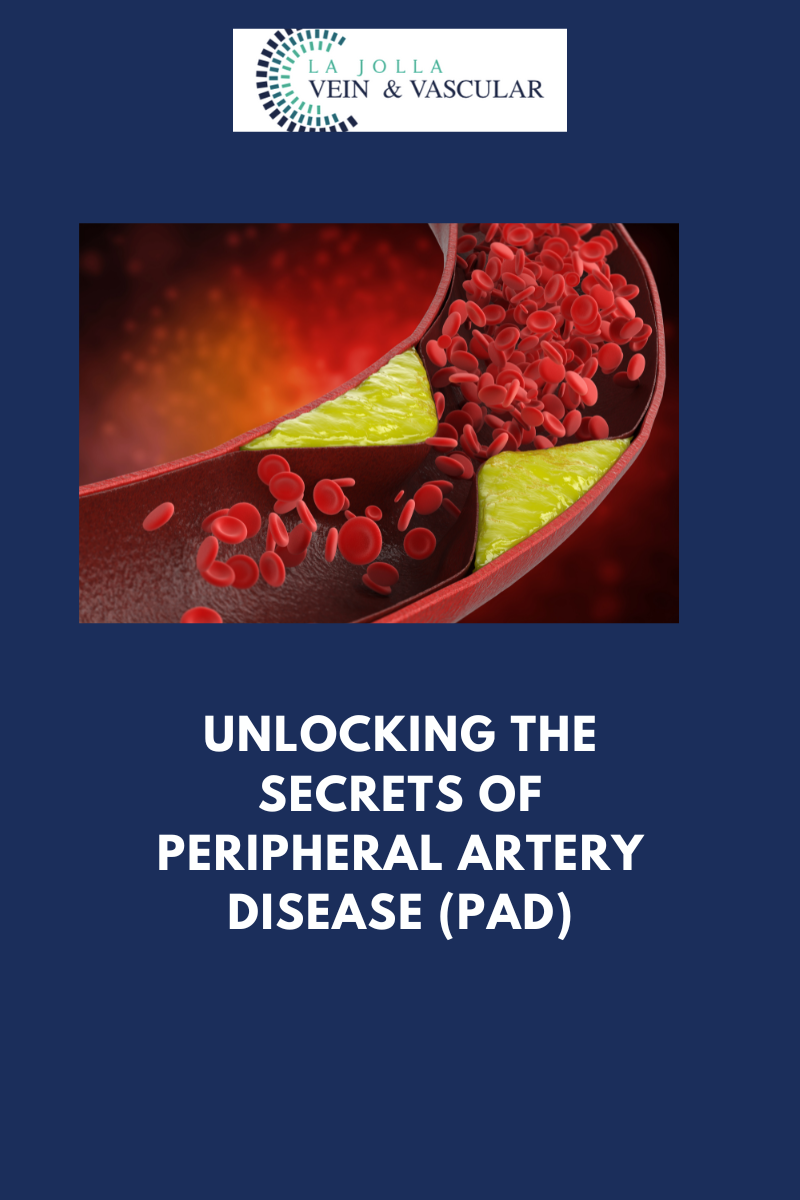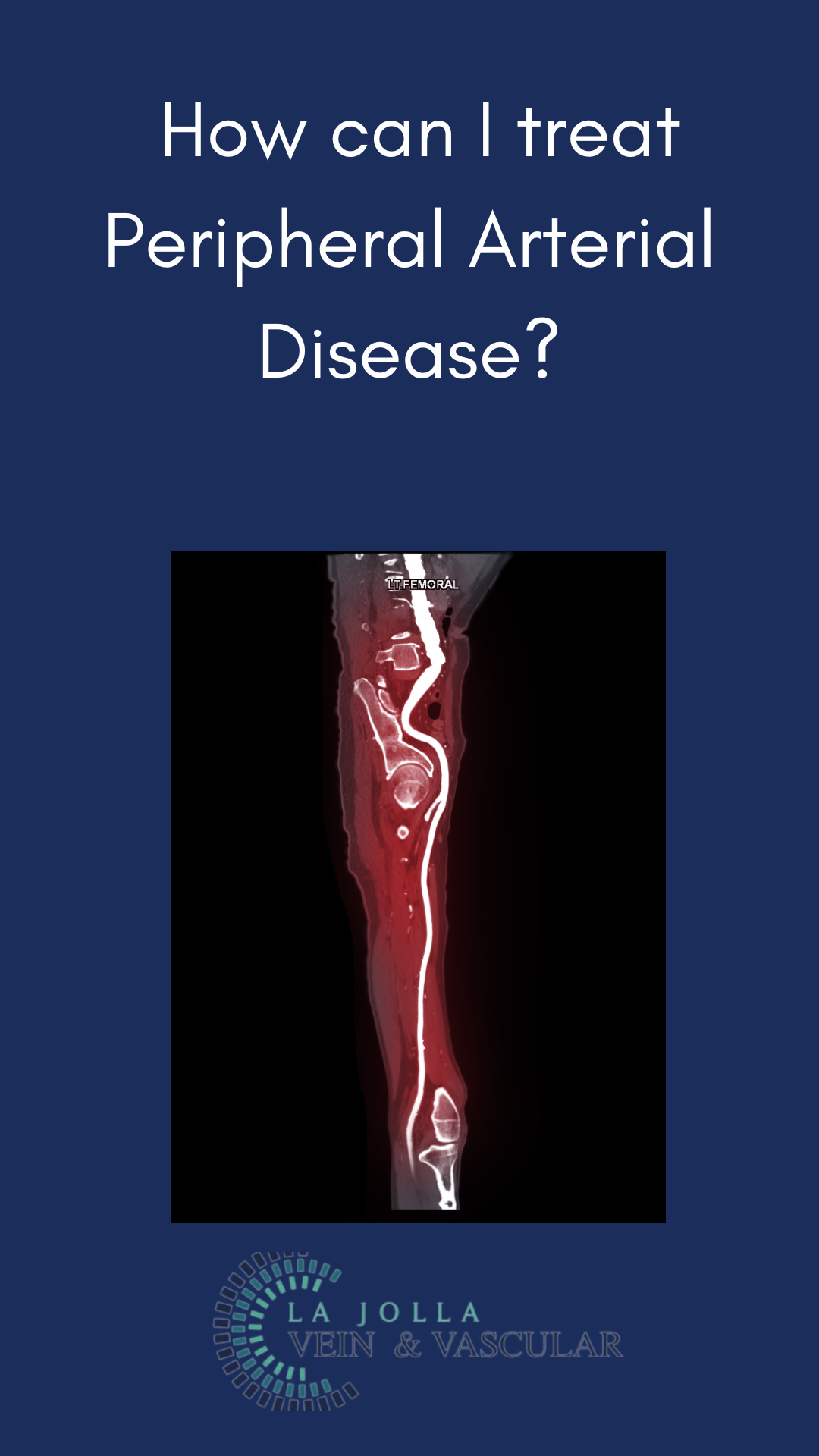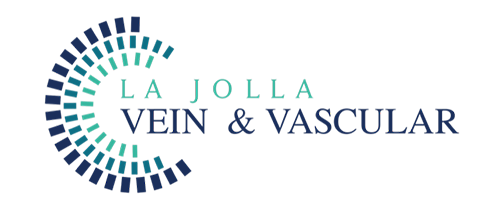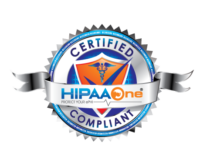Unmasking the Hidden Culprits: Lesser-Known Vascular Conditions You Should Know About
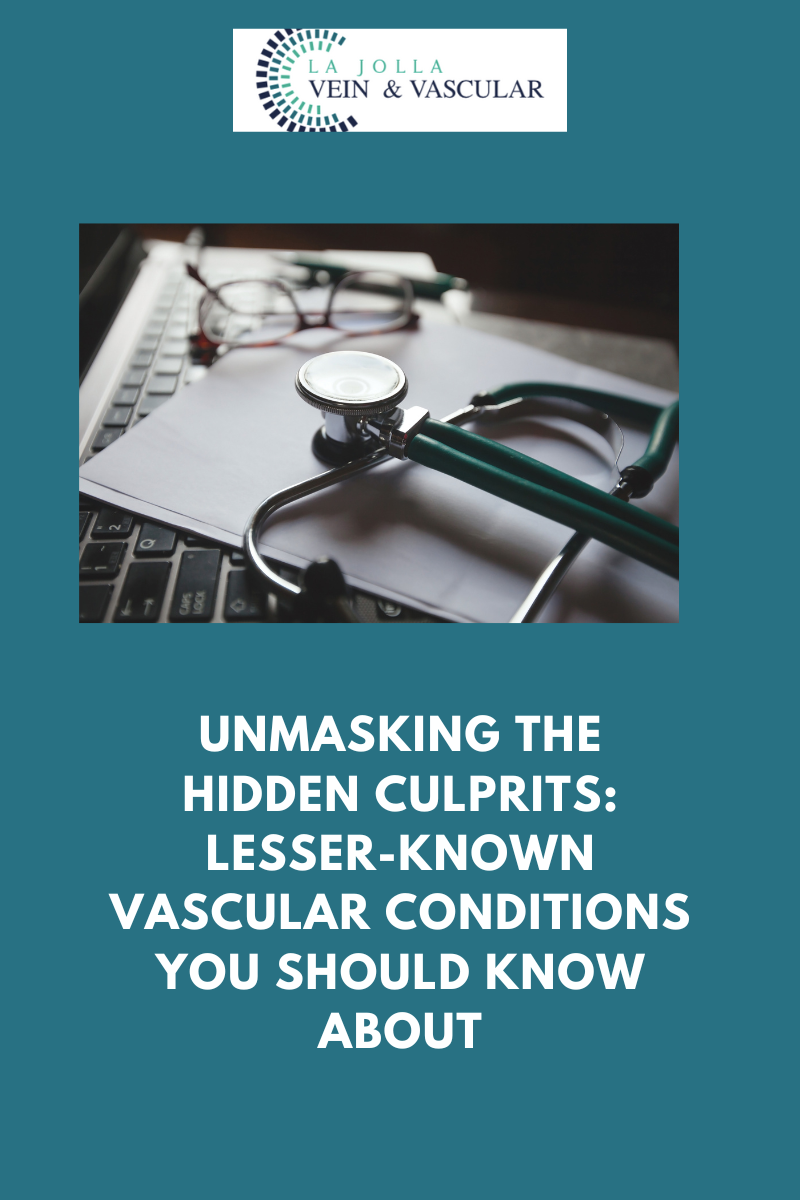
Vascular diseases are often associated with well-known conditions such as peripheral arterial disease or varicose veins. However, many lesser-known vascular conditions can significantly impact your health and require specialized treatment. At La Jolla Vein & Vascular, our dedicated team of physicians is committed to diagnosing and treating a wide range of vascular conditions, especially those affecting the lower extremities and pelvis. Beyond the common issues, we focus on conditions like varicoceles, Pelvic Congestion Syndrome, May-Thurner Syndrome, geniculate artery embolization, and uterine fibroids, which demand expert care and attention.
In collaboration with trusted sources such as MedlinePlus, we aim to provide you with comprehensive information on these lesser-known vascular conditions, their causes, symptoms, and available treatments.
Understanding the Vascular System and Its Role
The vascular system plays a pivotal role in maintaining overall health. This intricate network of arteries, veins, and capillaries ensures the delivery of oxygen-rich blood to your tissues while aiding in the removal of waste products. When parts of this system become compromised, it can lead to a wide range of vascular diseases that may not only cause discomfort but also significantly affect your quality of life.
Some vascular conditions are more prevalent and well-known, such as aneurysms, atherosclerosis, and varicose veins. However, there are numerous other conditions that often fly under the radar, requiring specialized diagnosis and treatment to address their unique challenges.
Lesser-Known Vascular Conditions: An Overview
At La Jolla Vein & Vascular, we focus on diagnosing and treating a variety of lesser-known vascular conditions that often go unnoticed but can have a substantial impact on your health. These include:
Varicoceles: This condition involves enlarged veins within the scrotum and is typically associated with infertility. Early diagnosis and treatment can help alleviate symptoms and improve reproductive health.
Pelvic Congestion Syndrome: This condition is caused by varicose veins in the pelvis, leading to chronic pelvic pain. Often underdiagnosed, it can significantly affect the quality of life of women, especially those who have had multiple pregnancies.
May-Thurner Syndrome: A condition where compression of the iliac vein by the overlying artery can lead to blood clots and other complications in the legs. This condition requires careful imaging for accurate diagnosis.
Geniculate Artery Embolization: A minimally invasive treatment for chronic knee pain caused by osteoarthritis, this procedure targets the blood supply to the knee, reducing inflammation and pain.
Uterine Fibroids: Though primarily known as benign tumors in the uterus, uterine fibroids can have a vascular component, where their blood supply can be blocked to shrink them and alleviate symptoms such as heavy menstrual bleeding.
Unraveling the Causes and Risk Factors of Vascular Diseases
The causes of vascular diseases can vary widely, from genetics to lifestyle factors. Common contributors include:
- Age: Vascular disease risk increases as we age, due to the natural wear and tear of the cardiovascular system.
- Heart and Blood Vessel Conditions: Diseases like diabetes, high cholesterol, and high blood pressure can contribute to the onset of vascular conditions.
- Genetics: A family history of vascular diseases can significantly increase your risk.
- Infections and Injuries: In some cases, injuries or infections can damage veins, leading to vascular complications.
- Lifestyle Factors: Obesity, smoking, and a sedentary lifestyle are significant risk factors.
- Pregnancy and Hormonal Changes: Conditions such as Pelvic Congestion Syndrome are often linked to multiple pregnancies due to increased pressure on pelvic veins.
Symptoms, Diagnosis, and Treatment
The symptoms of vascular diseases can be subtle and vary greatly depending on the condition. Common symptoms include:
- Swelling or heaviness in the legs
- Chronic pain in specific areas, such as the pelvis or knees
- Visible, swollen veins
- Unexplained fatigue or discomfort after long periods of standing
Diagnosing these conditions involves a thorough evaluation of your medical history, physical examination, and the use of imaging tests such as ultrasounds or MRIs. Blood tests may also be used to assess clotting risks.
Treatment options are highly individualized and depend on the specific vascular condition. These may include:
- Lifestyle Modifications: Incorporating a heart-healthy diet, regular exercise, and quitting smoking are critical steps.
- Medications: Blood thinners, blood pressure medications, and cholesterol-lowering drugs are often prescribed.
- Minimally Invasive Procedures: Treatments such as angioplasty, stenting, or vein ablation can be highly effective in treating vascular diseases without the need for major surgery.
- Surgical Options: In more severe cases, surgery may be required to correct vascular abnormalities or remove damaged tissues.
Preventing Vascular Diseases: Proactive Steps
Preventing vascular diseases involves adopting healthy habits and being mindful of your overall well-being. Key prevention tips include:
- Embrace a Healthy Lifestyle: A balanced diet rich in vegetables, fruits, and lean proteins combined with regular physical activity can significantly reduce the risk of vascular diseases.
- Manage Chronic Conditions: If you have conditions like diabetes or high blood pressure, managing them effectively can prevent vascular complications.
- Quit Smoking: Smoking damages blood vessels and significantly increases the risk of vascular diseases. Quitting smoking is one of the most impactful things you can do for your vascular health.
- Stay Active: Avoid long periods of sitting or standing. If your work requires extended periods in one position, take breaks to move around and consider using compression stockings during travel.
Quick Reads:
- The 9 Best Ways to Treat Varicose Veins Without Procedures
- The Connection Between Cholesterol and Vascular Health
- What Vascular Diseases Do I Need to Look Out For?
Expert Vascular Care at La Jolla Vein & Vascular
At La Jolla Vein & Vascular, we are proud to be a leader in the diagnosis, treatment, and prevention of vascular diseases. Our team of specialists, including Dr. Nisha Bunke, Dr. Sarah Lucas, and Dr. Amanda Steinberger, brings together years of expertise to offer world-class care. Our facility is a nationally recognized teaching site, providing cutting-edge treatments to patients in a compassionate and caring environment.
If you’re experiencing symptoms of vascular diseases or want to learn more about your vascular health, please contact us for a consultation. We’re committed to helping you achieve optimal health through expert care and personalized treatment plans.
For more information, visit our website or check out our educational resources on our YouTube Channel, Instagram, and TikTok. Keep informed and take control of your vascular health today!

